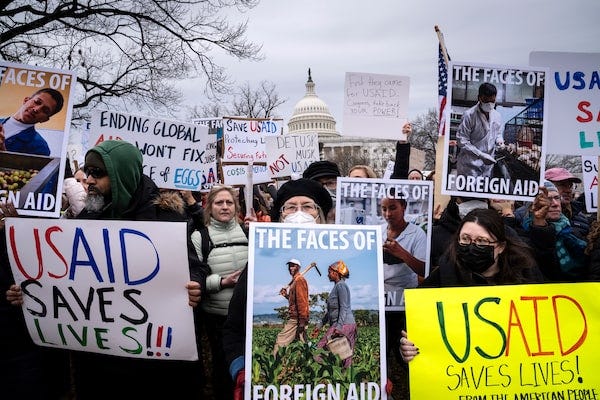What will become of international development after the end of the aid paradigm?
Some thoughts in response to questions I get from students and young professionals
Thank you for being a regular reader of An Africanist Perspective. If you haven’t done so yet, please hit subscribe to receive timely updates along with over 21,000 other subscribers.
I: Despite permanent cuts to foreign aid, global coordination in the quest for structural economic change is still a noble goal worth fighting for.
I get a lot of email from students and young professionals on how to design a successful career in international development — whether in research and/or policy/practice. The volume of emails has gone up a bit since the U.S. government embarked on a radical downsizing of its foreign aid architecture.

Sadly, the majority of the self-selected subset of people who email me tend to be disillusioned with the work they are doing. They are typically nationals of high-income countries and include folks working on projects that are clearly going to fail but which must go through to please donors, policy res…


